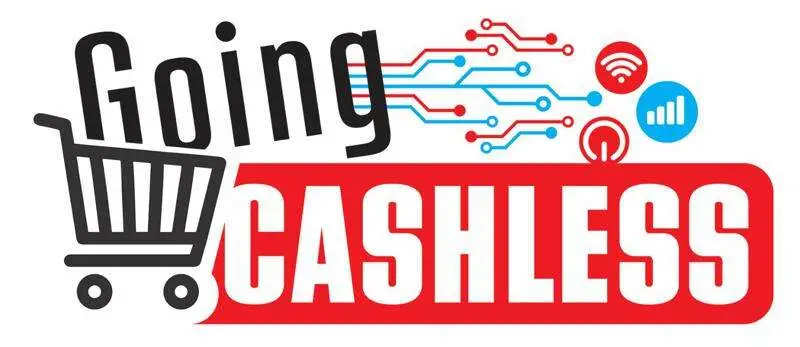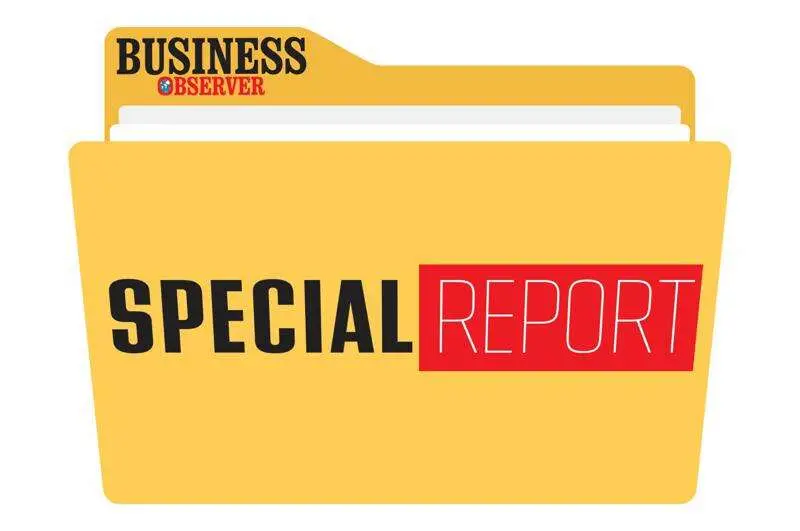
Are you ready to go cashless?
JAMAICA’S potential to become a cashless society is determined by an ecosystem requiring all efforts from the Government, businesses and consumers, according to one technology expert.
Dushyant Savadia, CEO of the Amber Group — a technology conglomerate and creator of digital payment system Amber Pay — says Jamaica is heading in the right direction, but adds that it will require interest, desire and discipline from all three stakeholders to work.
“It’s a wholistic effort that we all need to make together. We can’t point fingers at government or businesses or consumers, it’s an ecosystem of all the three that will make us cashless and the sooner we are, the lesser the crime, the more the profits, the more the stability for growth. And the world will look at us and say, ‘Yea, we want to do business in Jamaica’,” said Savadia in an interview with the Jamaica Observer.
Savadia, however, argues that if the society is to become cashless, then the conditions to facilitate cashless transactions must be present and ubiquitous.
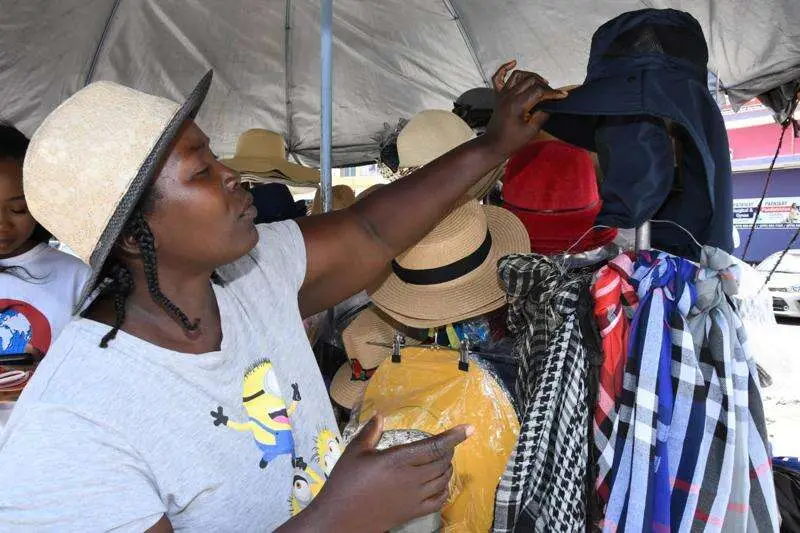
“If we create the need, businesses will have no choice. If I stopped carrying cash to businesses and say I’m paying by card…soon the business will realise it’s losing customers because it’s not willing to go digital,” he explained.
Then as for the Government, he said it has to digitalise its transactions with the public.
“They’re not there yet. In most cases, you still have to line up in a long queue to do anything,” Savadia said.
Going cashless
According to Encyclopaedia Britannia, “a cashless society is one in which cash, in the form of physical banknotes and coins, is not accepted in any financial transaction. Instead, people and businesses transfer money to one another digitally, via credit or debit cards, electronic money transfers, cryptocurrency, or online and mobile payment services.”
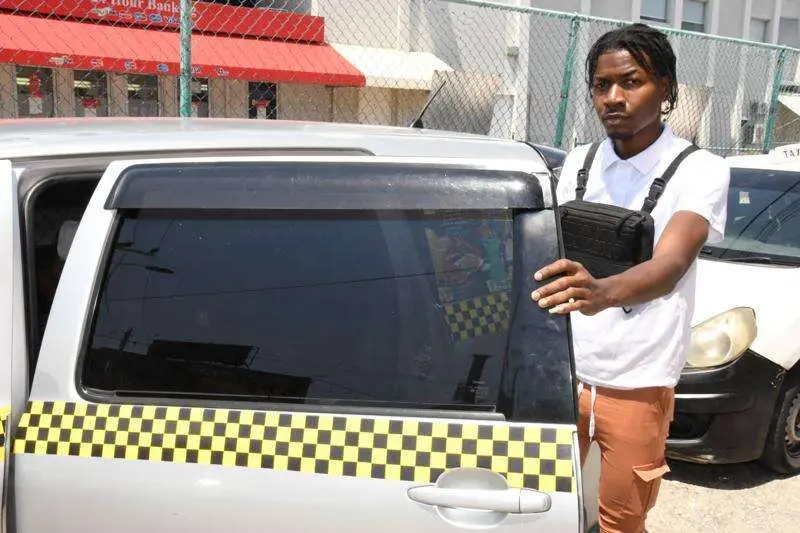
Data from the World Bank show Norway is the European country closest to a cashless future. Nearly all Norwegians own a debit card — approximately 98 per cent and over 95 per cent of the population use mobile payment apps. Together they result in Norway having one of the lowest physical cash rates in the world, with only 3 per cent to 5 per cent of transactions paid for by cash.
A study conducted by Mastercard in 2016 revealed that “almost 80 per cent of all transactions conducted in Jamaica are done using cash”.
To assess Jamaica’s advancement since then with the use of the abovementioned digital payment options, the Business Observer consulted the Bank of Jamaica’s (BOJ) 2022 annual report.
It revealed that the number of debit cards in circulation increased by 10.7 per cent to 4.9 million last year, well above the estimated 2.8 million people who live in Jamaica. However, the number of credit cards in circulation was significantly lower at 385 655, though it increased by 7.3 per cent over the 2021 figure.
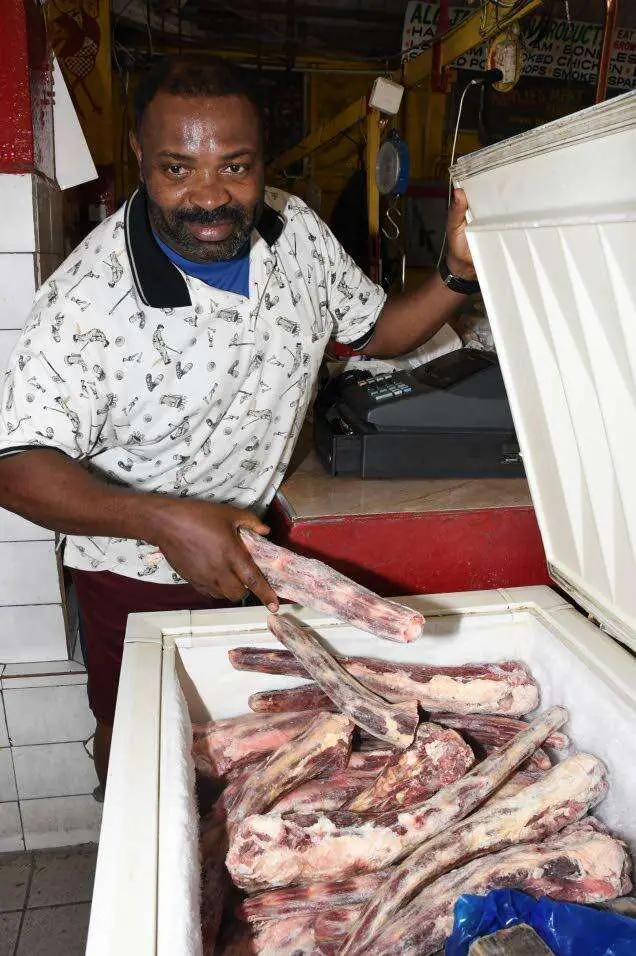
As the number of payment cards in circulation continue to grow, more transactions are being done using those methods than with physical cash.
Bank of Jamaica data show that of the total $233.7 billion of currency in circulation at the end of 2022, $233.4 billion were in physical cash being banknotes and coins and other $300,000 being digital currency, Jam-Dex. But utilisation of the electronic retail payment systems increased in 2022 with the total volume of retail payment transactions processed during 2022 amounting to 141.6 million, valued at $4.7 trillion up 15 per cent from the prior year.
But other digital payment methods have been received slower.
According to John Matthew Sinclair, chief product officer of Jamaica’s leading mobile payment app Lynk, “the platform has 210,000 users,” but that is mostly because it is relatively new compared to ATMs and POS machines.
“Merchants need more payment solutions also and unfortunately, we’ve not really gotten there yet where a single merchant on his smartphone, without any point of sale anything, can fully trade online and receive payments instantly through smartphones,” he said.
For the few digital payment methods available, he believes merchants and consumers need to start adopting them in order for Jamaica to become cashless. He noted that merchants are still afraid of the visibility of transactions and the fear of being exposed to the risk of fraud. Additionally, he says cash is widely accepted because merchants prefer that means of payment due to the fees attached to some digital transactions.
“The moment you transact, there’s a 4 per cent or 5 per cent fee that is gone to the banks or the fintech company providing you that financial solution then the money is gone,” Savadia said.
Merchants who spoke to the Business Observer confirmed Savadia’s theory.
Denise, a hat vendor in Central Plaza, Half-Way-Tree, St Andrew, said she once acquired a POS machine that was being offered on a promotion; however, when she calculated the fees to operate the machine, she decided it would not be the best fit for her.
“If is only three customers spend with me for every transaction that I do, I have to pay for it and I have to pay a monthly fee and a yearly fee — and all a dem things add up,” she said.
A similar view was shared by one taxi operator in Kingston, Jardane Oliphant.
“It would basically cost me more to operate the POS machine than I would be making. For most POS machines, a fee is charged for every transaction and that’s why some places set a minimum amount for which you can use POS,” he said. If he were to be convinced to use digital payment methods in his taxi, Oliphant said the payment would have to be over the current minimum fare for route taxis of $150 to $200 per trip.
Ashley, a meat vendor in the Cross Roads market in St Andrew, said he has no desire to go cashless.
“I don’t want when I take the people dem meat and sell it here and take payments from digital means, then I hear that no money was uploaded to my account when I call the bank. I’m more comfortable with collecting my $2 and spend back my dollar,” said Ashley. He added that, even in the future, he would not like to go cashless.
